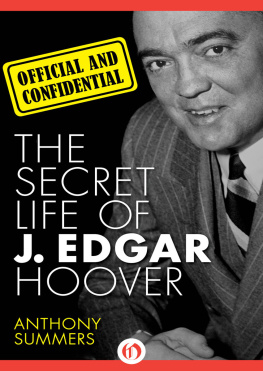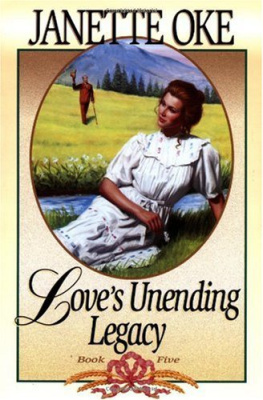Twelve Unending Summers
Memoir of an Immigrant Child
Cholet Kelly Josu, MD
Copyright 2019 by Cholet Kelly Josu. All rights reserved.
Cover design by Catherine Casalino.
No part of this publication may be reproduced, stored in a retrieval system, or transmitted in any form or by any means, electronic, mechanical, photocopying, recording, scanning, or otherwise, without the prior written permission of the author.
Limit of Liability/Disclaimer of Warranty: While the publisher and author have used their best efforts in preparing this book, they make no representations or warranties with respect to the accuracy or completeness of the contents of this book and specifically disclaim any implied warranties of merchantability or fitness for a particular purpose. No warranty may be created or extended by sales representatives or written sales materials. The advice and strategies contained herein may not be suitable for your situation. You should consult with a professional when appropriate. Neither the publisher nor the author shall be liable for any loss of profit or any other commercial damages, including but not limited to special, incidental, consequential, personal, or other damages.
Twelve Unending Summers
Memoir of an Immigrant Child
By Cholet Kelly Josu, MD
1. BIO002000 2. BIO026000 3. BIO002010
Paperback ISBN: 978-1-949642-04-9
Ebook ISBN: 978-1-949642-05-6
Library of Congress Control Number: 2019935081
Printed in the United States of America
Authority Publishing
11230 Gold Express Dr. #310-413
Gold River, CA 95670
800-877-1097
www.AuthorityPublishing.com
Contents
Prologue
I died that day.
That is what happens when an earthquake destroys what was once your childhood paradise.
When Mother Nature paid a visit to Haiti in 2010, I died inside, as I wondered how many others would die with me that day. But what I did not expect was to also experience the cycle of life: from death would come rebirth, the flow uninterrupted and as constant as the rising and setting sun. Out of that catastrophe emerged a question of identity that had been simmering inside me for decades, after having spent all my adult life thinking like an American, after having been assimilated into the American melting pot.
Or maybe not so assimilated after all.
Years ago, when I was doing my residency in Chicago, I was making my way through the hospital cafeteria when a tall, slender, White attending physician approached. He looked me up and down, almost as though in resignation. Where in Africa are you from? he finally said.
Here we go again, I thought: once more I must be reminded that although I am a medical resident, although I have lived two decades in America, even though I have returned to Haiti just once in twenty years, I am still the other.
Oh, lets see, I said, sounding casual. As a resident, my showing disrespect could come back to haunt mebut maybe I could have a little fun. I was from Africa about four hundred years ago.
He looked at me, incredulous. What do you mean?
I was from Africa about four hundred years ago, but I have been living in America ever since.
As he stood there confused, I looked to leave before I said something I would regret. I am from the Caribbean, born in the Bahamas to Haitian parents.
His face contorted, and I smiled and left to rejoin my resident group.
Where do I belong?
I think all human beings ask this question to some extent, even without knowing; we are continuously trying to integrate ourselves. But for people like me whose lives have straddled several societies, the question of finding the true self while still feeling like the other no matter where we go is elusive, ever-evolving, and for some, never-ending. Since moving to the United States as a teenager I have been caught between assimilating fully as an American and trying to negotiate and retain other parts of myself that are indispensable to me: my birthplace in the Bahamas, and Haiti, where I spent twelve years of a simple and decent if checkered childhood. I cannot belong solely to any of these three places, but all three are essential to who I have been and who I will become. As the great poet Maya Angelou, who was so comfortable in her skin, once said, I belong everywhere and nowhere.
Juggling multiple identities and cultures brings with it the breadth of human experience: serious challenges but also great opportunities. Now I must rearrange those experiences into a new place that I can call home.

1
Here We Go Again
Cholet, did you see? CNN just reported an earthquake in Haiti.
I could not tell if the words were coming from my head or from the other end of the phone. Then I felt the pressure of the phone against the palm of my left hand and realized it was an actual voice on the line. Are you sure? I said.
Yes, Cholet, and it looks bad.
Okay, okay, Ill take a look.
But I was not about to turn on the news right away.
I had just gotten home from a long, tiring day at work. It was one of those crisp and cold but sunny January days in Maryland, when the frigid air makes the indoors feel bigger and emptier than usual. The once-green grass on the hill outside my home was yellow and dead; the raspy trill of the American sparrow was long gone from my windowsill. The fear of what I might see was a heavy weight keeping me in place.
The sun was setting early in Baltimore this winter day, but daylight still lingered in Haiti, I knew. Inside my apartment, the air was cold and stillremarkably quiet. You could cut it with a knife and there would be no trace of the blade.
Minutes later, I received a second phone call, this time from my younger sister, Marthe.
Did you hear there is an earthquake in Port-au-Prince? I have been trying unsuccessfully to reach Luckson; I cannot get through.
Among my many family members living in Port-au-Prince, my youngest brother, Luckson, was foremost in my mind. I was also thinking of my first, best childhood friend, my cousin Will, still in Haiti. I had seen them both just six weeks earlier during my last trip there. I hoped they were all okay. The prospect of something else was too much for me to contemplate.
I talked briefly to Marthe, asking how she was, but I did not want to inquire more. The only thing I wanted was a nap, and to wake up later, refreshed and relieved to discover that the earthquake was all a misunderstanding. I struggled to relax on the couch, reaching out for the remote control that was even colder in my hand than the phone. I hesitated several times before turning on the TV.
Haiti had been in the news continuously for the past thirty years or so for one catastrophe or another or because of some political turmoil. For a while, it seemed as if we had a coup dtat every week. I was tired of the bad news, and the international community, rightfully, was becoming tired of helping; they had sent Haiti hundreds of millions of dollars since the fall of Baby Doc in 1986. To this day, no one can tell where all that money went.
I was proud of my roots, but none of us wants only bad news coming out of our homeland. When I left South Florida to go to medical school in Atlanta, one silver lining in that cultural shift was that because of the distance, I could pick and choose when I wanted to check on the news in the Haitian community there. And during that time, there was a lot of bad news, not the least of which were dead Haitians washing up on the South Florida shoreline. Sometimes I could even make believe that the trials and tribulations the Haitian diaspora was experiencing within the United States and on the mainland of Haiti were not real.

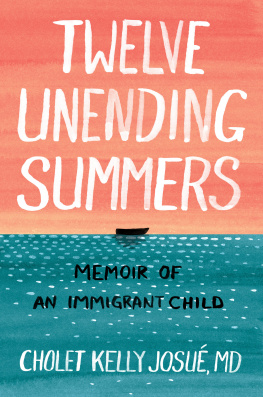

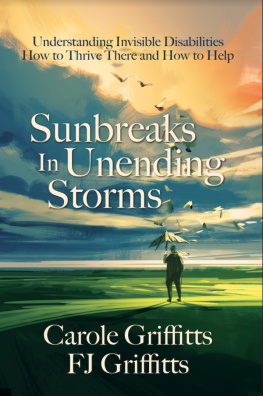
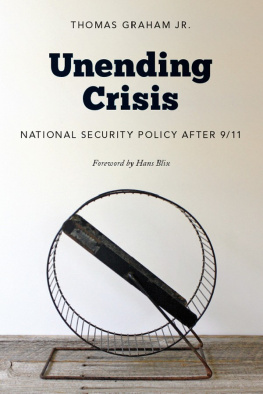
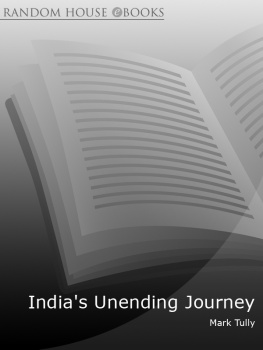
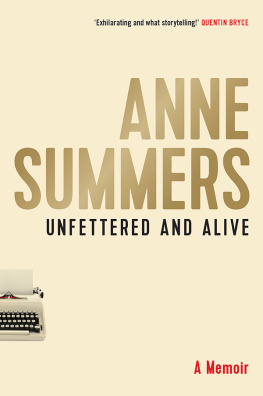
![Monroe - The summers end. [Bk. 3]](/uploads/posts/book/221395/thumbs/monroe-the-summer-s-end-bk-3.jpg)

